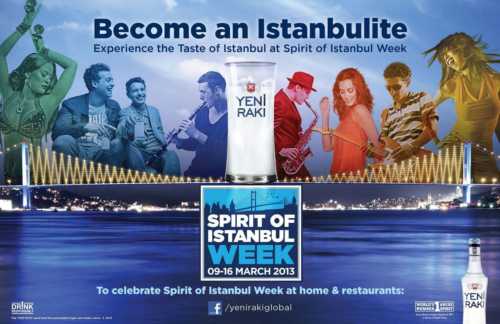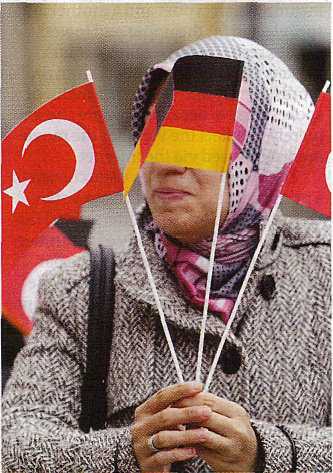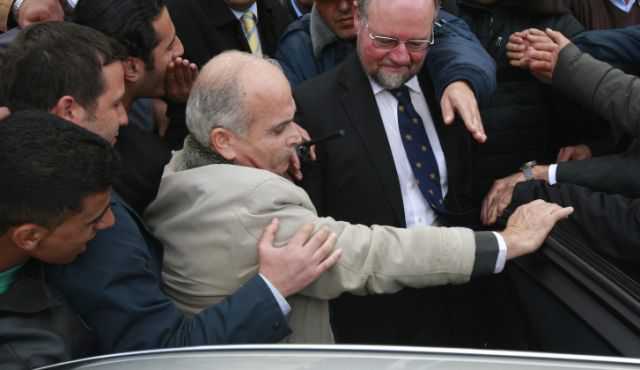And it’s no longer wedded to following America’s lead, explains Pitt professor RONALD H. LINDEN
This year marks the 50th anniversary of Turkey’s formal association with what is now the European Union, and it has been more than 25 years since Ankara formally applied to join. Since that first approach, 21 other countries have become members, including fellow NATO states, such as Greece, and the former communist countries of Europe, including some that were once republics of the Soviet Union. Meanwhile, Turkey waits.
The formation of a customs union with the EU in 1996, Turkey’s designation as a “candidate member” in 1999 and the beginning of negotiations in 2005 indicated that membership would come, eventually. But “eventually” turned into “not soon” and, perhaps, “not ever.”
Turkey’s prime minister, Recip Tayyip Erdogan, like a spurned suitor, has declared that “the EU is not a must for Turkey. It is not the apocalypse if they do not let us in the EU.”
With Turkey’s robust economic growth compared to Europe’s anemia and its young labor force compared to Europe’s aging population, he is not wrong. Mr. Erdogan went on to suggest that Turkey should seriously consider joining the Shanghai Cooperation Organization, a loose grouping of Central Asian states backed by Russia and China. Originally set up to try to limit the influence of separatist or religious threats, this group now aims mostly to challenge the influence of the West.
While sentiments born of frustration — “I’ve been thrown out of better bars than this” — might be written off as the product of an impulsive and occasionally emotional leader, they do echo public views in Turkey. Where once three-quarters of Turks supported joining the EU, the latest polls show that two-thirds now feel Turkey should abandon the effort, according to EDAM, a leading Turkish think tank.
EU officials have raised entirely legitimate concerns about Turkey’s readiness for membership, which include issues of minority rights, freedom of expression and the continued non-recognition of (not to mention a Turkish military presence in) an EU member state, Cyprus. Still, many Turks, including the prime minister, suspect that the holdup has more to do with Turkey’s 99 percent Muslim population.
And they take it personally. It rankles Turkey’s extraordinarily successful businessmen, for example, that citizens of virtually all the states of the former Yugoslavia — whether candidate members or not — can now travel to Europe visa-free while they must wrestle with forms and delays to enter the border-free area.
The Turks are not waiting around for a warmer welcome. Those same business travelers can — and do — go to Russia without visas. Russia has become Turkey’s largest trading partner, surpassing the EU, and hosts more than $17 billion in Turkish investment projects. Russia is also Turkey’s major energy supplier, sends 3.5 million tourists a year to Turkey and will soon begin construction on Turkey’s first nuclear power plant. In 2010 the two countries signed a “strategic partnership,” which has produced cooperation at the Cabinet level, including between foreign ministries.
With the second-largest military in NATO, Turkey is hardly a perfect alliance partner for Russia. The two countries hold quite different views on several pressing issues, most immediately how to handle the impending collapse of the Assad regime in Syria. Turkey also has irritated Moscow by agreeing to host a sophisticated NATO radar system designed to counter a possible Iranian nuclear arsenal and, more recently, Patriot missiles to protect the border with Syria. Last fall, Turkey forced a passenger jet headed to Syria from Russia to land in Ankara so it could be inspected for possible weapons smuggling
Such episodes have not prevented Turkey and Russia from making clear their shared hostility to military action against Iran or a more muscular NATO presence in the Black Sea. Ankara has repeatedly blocked NATO efforts to expand Operation Active Endeavor, an anti-terrorism effort in the eastern Mediterranean, into its Black Sea neighborhood. Turkey, like Russia, sees this region as its own responsibility and prefers to police it with its own forces — with Russian participation.
In 2010 Turkey agreed to let Russia build its South Stream pipeline through Turkish waters — offering a direct route from Russia to Europe — a project in direct competition with Europe’s own Nabucco pipeline. With supplies uncertain and gas prices falling, it is not clear if both pipelines are economically viable, but true to its own plan to become an “energy hub,” Turkey signed on to both South Stream and Nabucco.
As these moves indicate, the Turkish government is pursuing policies in accordance with its own strategic vision, which has been outlined explicitly by Foreign Minister Ahmet Davutoglu, often described as “the Turkish Henry Kissinger.” Under his guidance and with the strong backing of the ruling Law and Justice Party, Turkey has reversed years of relative isolation from its neighbors and strict adherence to policies preferred by Washington to undertake active, even aggressive diplomacy.
Turkey now has full embassies in nearly 100 countries and representation in more than 200. State-owned Turkish Airlines flies to more countries from a single airport (Istanbul) than either Lufthansa or Air France. In Africa and the Balkans, Turkish companies are building roads and airports and, in former Ottoman areas, facilitating cooperation, such as between Bosnia and Serbia, refurbishing mosques and supporting Turkish communities.
Like ambitious powers before them, the Turks have discovered — most recently in the Middle East — that their involvement is not always effective or welcome. Former close allies, like Bashar Assad in Syria, do not take kindly to Turkey’s willingness to host rebel groups — a posture for Turkey that is especially tricky considering that it occasionally bombs the territory of its neighbors, as in Iraq, where anti-Turkish groups operate.
As it searches for a new role in the post-post-Cold War world, Turkey is learning what another influential international power learned in its day. “Britain,” Lord Palmerston said in 1848, “had no eternal allies and no perpetual enemies, only interests that were eternal and perpetual.”
In a rapidly changing, post-ideological age, the Turks are applying that lesson. Their once and future friends in the West might want to take notice.
First Published March 3, 2013 12:00 am
Read more: http://www.post-gazette.com/stories/opinion/perspectives/why-turkey-is-giving-up-on-the-european-union-677683/#ixzz2Mz1ikOym





